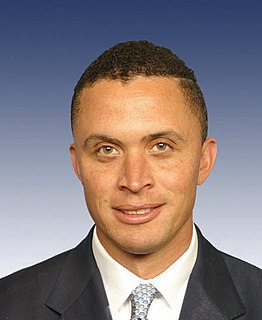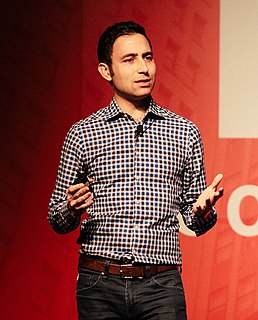A Quote by John Battelle
There will soon be streams of data coming from all manner of products - appliances, clothing, sporting goods, you name it. Wouldn't you rather live in a world where you can export the data from your son's football helmet to a new app that monitors force and impact against a cohort of high school players around the country?
Related Quotes
You have to imagine a world in which there's this abundance of data, with all of these connected devices generating tons and tons of data. And you're able to reason over the data with new computer science and make your product and service better. What does your business look like then? That's the question every CEO should be asking.
One of the myths about the Internet of Things is that companies have all the data they need, but their real challenge is making sense of it. In reality, the cost of collecting some kinds of data remains too high, the quality of the data isn't always good enough, and it remains difficult to integrate multiple data sources.
... negative feelings are not true feelings at all; rather, they are your thoughts about something, based always on the previous experience of yourself and others. You will not find Truth in your past data, only past data that is based on other past data that is based on other past data, and so forth. Forget your "past experience" and look directly at the experience you are having. Right Here, Right Now. There is your Truth.
We will ultimately live in a perpetual data-driven talent edition. Everything you create will be measured and tracked by others through comments, share, and likes. Your work will come up on the radar of potential employers and clients, and the data will tell them if you are worth talking to or hiring.


































